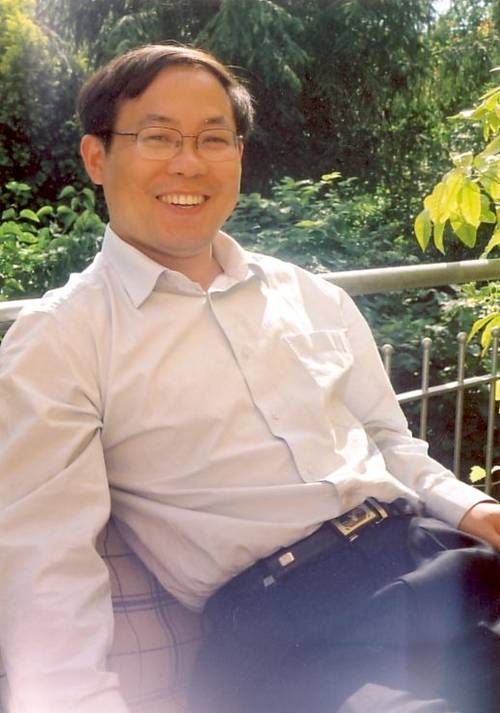题目:2¤2=4: Temporal-Spatial Coupling and Beyond in Computational Fluid Dynamics (CFD)
时间:6月17日(周一)下午4:00-6:00
地点:曲江校区yl23455永利报告厅教九楼9-617
摘要: With increasing engineering demands, there need high order accurate schemes embedded with precise physical information in order to capture delicate small scale structures with correct “physics". Generally speaking, there are two families of high order methods popularly used in practice: One is the family of line methods, relying on the Runge-Kutta iteration to achieve the temporal discretization; the other is the family of one-stage Lax-Wendroff (L-W) type methods, the numerical realization of the Cauchy-Kowalevski approach for the corresponding partial differential equations (PDEs).
In the context of compressible fluid flows, the building block of the line methods is the Riemann solution (conservative quantities), which is labeled as “1". Each step in the Runge-Kutta iteration just has first order accuracy. In order to design a fourth order accuracy scheme in time, for example, one needs four stages labeled as “1¤1¤1¤1=4", besides the treatment of spatial discretization, which naturally spans computational stencils and decreases computational efficiency. Additionally, the spatial-temporal decoupling hampers to contain as sufficient physical information as possible, such as the thermodynamics. In contrast, the one-stage L-W type methods are more compact and contain all information, however, it is very complicated and hard to be used for the compressible fluid flows due to the high nonlinearity of underlying problems.
In recent years, the pair, the primitive variables and their dynamics labeled as “2", e.g., the velocity and the acceleration, is taken as the building black to devise numerical schemes. In particular, a family of two-stage fourth order accurate schemes, labeled as “2¤2=4", are designed for the computation of compressible fluid flows. The direct use of dynamics reflects the temporal-spatial coupling and entropy stability. The resulting schemes are compact, robust, and efficient. In this talk I will introduce how and why high order accurate schemes should be so designed, as sharp contrast to line methods and one-stage L-W methods.
 报告人简介:李杰权, 现任北京应用物理与计算数学研究所研究员, 博士生导师,北京大学应用物理与技术中心兼职教授。分别在北京师范大学和中国科学院数学研究所获得硕士和博士学位, 曾任首都师范大学和北京师范大学教授,并在美国斯坦福大学,宾州州立大学,以色列希伯莱大学,法国庞卡莱研究所,德国马格德堡大学,美因茨大学,台湾中央研究院,香港科技大学,香港中文大学,新加坡国立大学,美国内华达大学,英国加蒂夫(Cardiff)大学等学术机构做访问教授。主要从事研究领域包括计算流体力学、偏微分方程理论和数值分析。在应用和计算数学的学术刊物上发表论文60余篇,在朗文(Langman)出版社出版英文专著1部,多次受邀在一些国际会议上作大会邀请报告。
报告人简介:李杰权, 现任北京应用物理与计算数学研究所研究员, 博士生导师,北京大学应用物理与技术中心兼职教授。分别在北京师范大学和中国科学院数学研究所获得硕士和博士学位, 曾任首都师范大学和北京师范大学教授,并在美国斯坦福大学,宾州州立大学,以色列希伯莱大学,法国庞卡莱研究所,德国马格德堡大学,美因茨大学,台湾中央研究院,香港科技大学,香港中文大学,新加坡国立大学,美国内华达大学,英国加蒂夫(Cardiff)大学等学术机构做访问教授。主要从事研究领域包括计算流体力学、偏微分方程理论和数值分析。在应用和计算数学的学术刊物上发表论文60余篇,在朗文(Langman)出版社出版英文专著1部,多次受邀在一些国际会议上作大会邀请报告。
